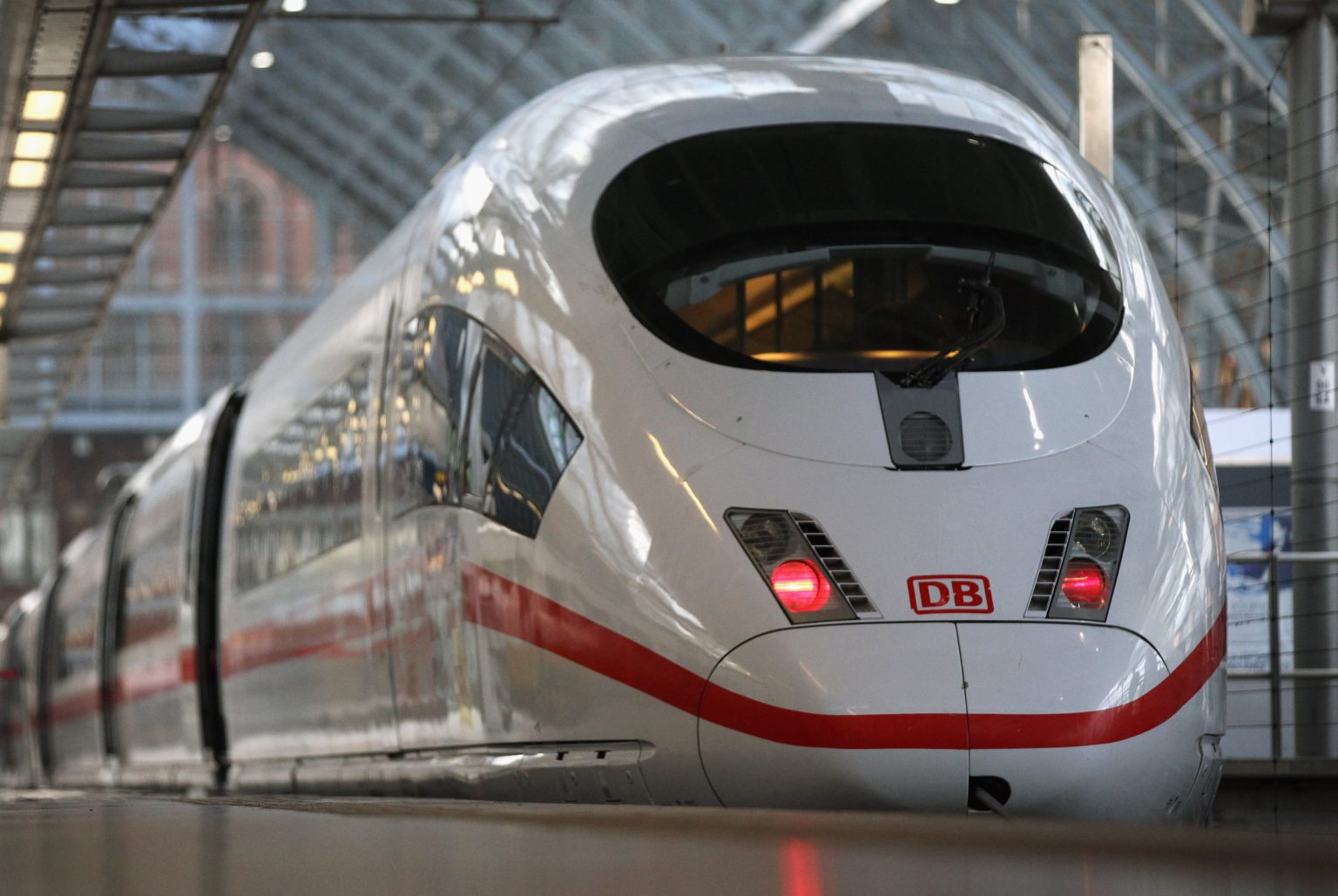The proposal for a new high-speed rail line in Texas connecting Dallas and Fort Worth is facing delays after the Dallas City Council passed a resolution opposing a key part of the plan until an economic impact study is completed. The project is being coordinated by the North Central Texas Council of Government (NCTCOG), but details are still scarce and the project has not received National Environmental Policy Act (NEPA) clearance. While interest in high-speed rail in the U.S. has been growing in recent years, with numerous lines proposed or under construction across the country, the Dallas-Fort Worth project is facing hurdles in gaining approval.
Building work has already begun on a new 218-mile high-speed railway connecting Las Vegas in Nevada to southern California, while President Joe Biden has endorsed plans for a high-speed line between Dallas and Houston based on Japanese Shinkansen technology. Despite these developments, the Dallas City Council’s resolution opposing the construction of an elevated passenger rail through the Central Business District is a setback for the Dallas-Fort Worth proposal. The resolution calls for the completion of an economic impact assessment, expected in early 2025, before moving forward with the project.
The Dallas City Council’s 14-0 vote in favor of the resolution comes after concerns were raised about the proposed 30-mile stretch of rail as part of the Dallas-Fort Worth line. Council members such as Jesse Moreno and Chad West expressed their desire for more research on the plan’s economic impact before proceeding. Council member Omar Narvaez, who also sits on the 44-member RTC representing Dallas, acknowledged the need to slow down the process to ensure that the project is done correctly as it will have lasting implications for the city.
The proposed high-speed railway linking Dallas and Fort Worth would run parallel to Interstate 30 before cutting across part of downtown by the Reunion Tower. However, the lack of NEPA approval for the Dallas to Fort Worth line is reportedly causing concern for potential investors, particularly foreign investors who are interested in the economic benefits of high-speed rail. Brendan Wheeler, the NCTCOG’s transportation planning manager, highlighted the importance of the NEPA process for investors and the risks it introduces to their finances.
Overall, the delays facing the Dallas-Fort Worth high-speed rail project highlight the complexities and challenges involved in implementing large-scale transportation infrastructure projects. The need for thorough economic impact assessments, community input, and regulatory approvals are essential steps in ensuring that such projects are successful and beneficial for all stakeholders involved. The future of high-speed rail in Texas remains uncertain as local authorities and stakeholders navigate the various considerations and obstacles that come with such ambitious transportation initiatives.


